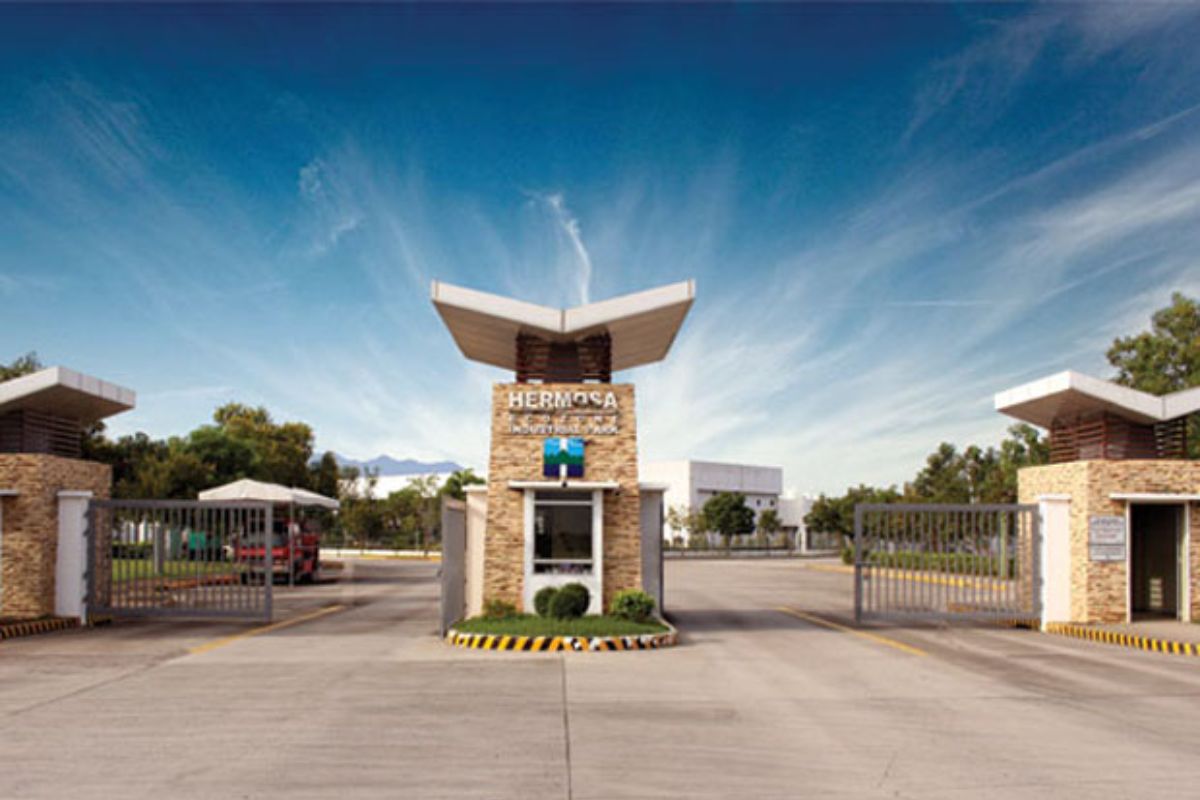What are some of the trends that industrial companies need to know?
- Continuous adoption of new technology
- The rise of 5G
- Demand for personalized customer experience
- Shifts in national economic growth
- Growth of e-commerce
There’s no doubt that the economy is accelerating towards the Fourth Industrial Revolution. In order to have a competitive edge in the all-new market environment, firms must rethink core business functions. They must verse themselves with the trends that industrial companies need to know.
Most industrial companies often look at emerging trends as shortsighted solutions that disappear quickly. However, these fleeting fads have proven their ability to shape and drive economic development. As the future of business continues to evolve, changes in societies and technology come together at unprecedented levels.
Some of these trends have already been predicted in the past. Today, we take a look at the five emerging trends worth examining.
Continuous Adoption of New Technology

Innovation has paved the way for ground-breaking developments in technology. This includes 3D printing, cloud computing software, improved analytics, Internet of Things (IoT), and artificial intelligence.
In the following years, more organizations will come to realize the value of all these new technology. It is the ultimate way to achieve a competitive edge. Industrial companies must take advantage of innovations. Ultimately, they streamline operations and elevate profit margins.
As cutting edge machines may require a highly skilled workforce, companies must also understand how the whole process may be integrated. Let’s not forget about the risks that come with it such as cybersecurity issues and workforce training.
While it’s true that not many industrial companies have yet decided when it comes to adopting new technologies, there’s definitely no stopping innovation in the coming years.
The Rise of 5G
The term 5G stands for fifth-generation technology standard for cellular networks. It has improved compared to its predecessor in terms of connectivity speeds, minimum latency, bandwidth, and much more.
The all-new capabilities of 5G are what make it the talk of the town. Numerous communication network providers have been suffering from a saturated market.
In most developed countries, 4G is being offered to all users. Now that 5G is about to launch, industrial companies need to keep a keen eye on it. They can depend on universal digital transformation for daily operations and empowering products.
Along with centralized cloud tracking networks and 5G, an ecosystem of smart manufacturing processes will soon come into place.
Demand for Personalized Customer Experience

While everyone can thank technology developments for the increasing availability of user data, it comes with its own set of challenges as well.
The changing demands of consumers have always been a major driver of how industrial companies work. However, this will become even more rampant as modern consumers gain more access to online data.
Gone are the days when companies could just introduce goods effortlessly. According to a study, 80% of consumers will make a purchase when brands offer personalized experiences. Today, consumers will go for businesses that offer precisely what they want.
Now more than ever is the time for industrial companies to make more informed decisions regarding what they offer to the market. This will dictate how to gain leverage in the industry.
Shifts In National Economic Growth
While the World Health Organization hopes the pandemic will end in two years, there’s no denying that its impacts will still have looming economic cutbacks.
Since the virus was discovered, it has negatively affected the economy drastically. A total of 3% to 6% could be trimmed from global economic growth by the end of 2020. Although experts remain positive for a partial recovery in 2021, that’s only assuming that there won’t be more waves of cases.
COVID-19 has given unprecedented challenges to the industrial sector. Companies might find it hard to function amid the financial crises happening in the country. With disrupted supply chains and increasing levels of unemployment, no one is still sure of the full impact of the pandemic until the effects peak.
Growth of E-Commerce

Let’s face it. Traditional retail is quickly being dominated by e-commerce. Once again, the “new normal” brought on by the pandemic remains to be the driving force in how consumers do business.
Thanks to modern technology, consumers can simply order all kinds of goods online. Whether it’s personalization, good return policies, or improved distribution, all of these changes allowed e-commerce to meet everyone’s needs.
In the following years, there’s no sign of e-commerce stopping. According to experts, the penetration of online stores may ramp up by 25% more by the year 2025. This is the perfect time for industrial companies to improve their online presence.
Key Takeaway
When it comes to the trends industrial companies need to know, we’ve got five factors for you to think about.
Consider how these trends may help or hurt your company. After all, the economy’s success is highly dependent on how the industrial sector adapts.



